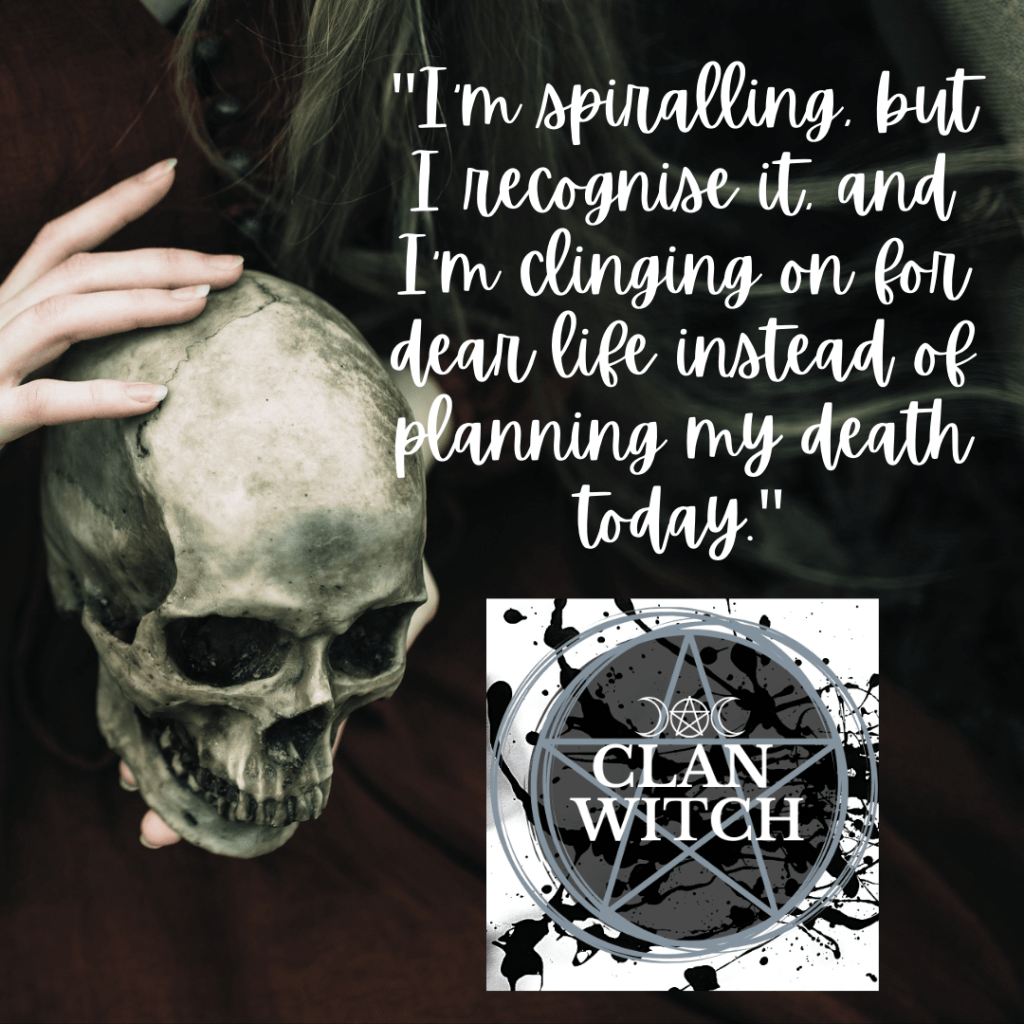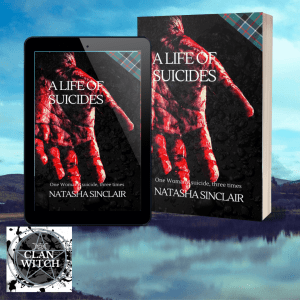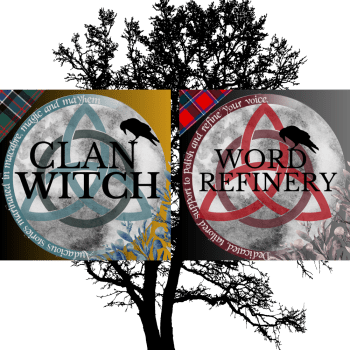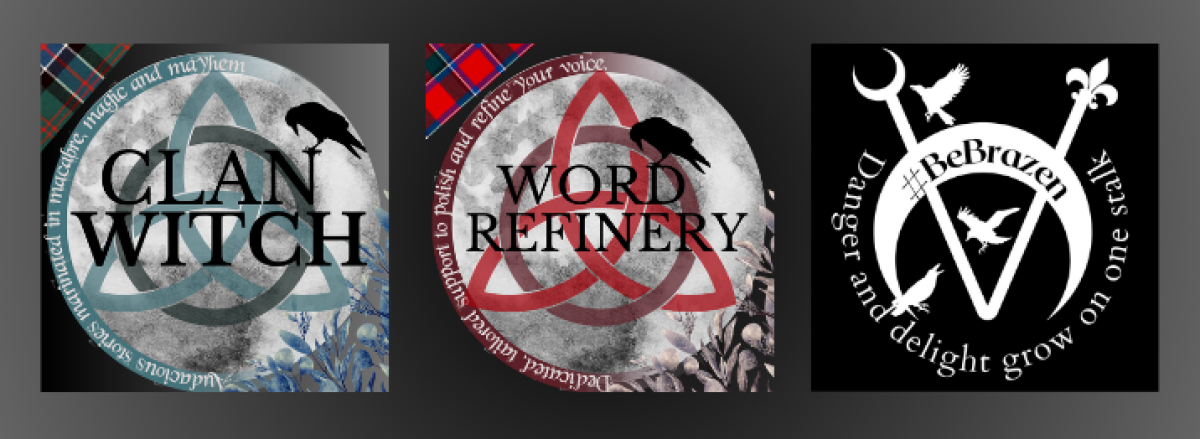This may get heavy…

Bear with me. This will be a bit of a concoction — I am, at this time, rather raw, discombobulated and emotionally disfigured. I am feeling uncomfortably challenged. Feel free to look away from the car crash while you have time.
You staying?
Don’t say I didn’t warn you.
Let’s dive in.
Admittedly I have not done as much writing as I had hoped by this point in the year. January felt like I was playing catch-up to wrap up a few things from 2021 before my degree course started and I could channel writing energy into larger projects. I have also been heavily working on my novella release — finalising the manuscript(s), getting bonus content nailed, finishing covers, developing marketing materials, contacting reviewers, supplying ARC’s and all the other ‘back-office’ that goes into putting out a quality book. As I’ve shared before, so much unseen work goes into getting a book into the hands of readers, writing and editing is only a part of the machine. All in all, Asylum Daughter is feeling pretty pleased with herself. I’m proud to share this debut horror novella with readers and delighted with the positive feedback from early readers. It takes the edge of the nerves (a smidgen). And, of course, working with Word Refinery clients on their projects.
As part of February’s internationally celebrated ‘Women In Horror Month’, I was invited to interview with D&T Publishing. You can read the feature here.
I also participated in a panel for a podcast series about ‘Hidden Voices in Horror‘. The focus of the episode was on Mental Health in Horror. I had some technical hitches (as if my nerves weren’t already showing)! But the wonderful and inspiring creator and host was professional and understanding. It didn’t hold back the conversation between the host, myself, and the other awesome panellists of independent horror writers who stepped up to the plate. When I can do so, I will share more specific details when this airs and where to access it. I’m not in the position to share much yet. This panel was one in which I was nervous about taking part because of my mental health issues and reservations about talking so publicly about those, but I was keen to be involved because it’s a critical discussion that should be far less hidden.
‘Mental health’ can be a buzz phrase, along with the interlinked ‘wellbeing’ and other such sentiments. I always worry about the lack of substance behind so-called ‘awareness’ and ‘support’. My experience has proven such reservations to be true. As a writer, mental health issues come up regularly in my fiction and non-fiction work. Honest discussions without shame and judgment do not happen enough to break the discomfort of getting to the nitty-gritty about ill-mental health. I feel a profound responsibility, as a mother too, to strip any stigma from ‘real talk’. So here I am going to share some of that with you.
I’m going to ‘talk’ and feel free if the notion takes you to do the same.
I’m ‘coming out’. Emerging from between the lines, out of my shoddy poetic disguise. For as long as I can remember, I have struggled with mental-ill-health — yes, childhood, (very) pre-adolescence. I actively covered it up and felt shame. The shame was most definitely linked to nurture and not nature. However, it has felt like nature in parts of my life due to its early, deep infusion. I like to thank some of that to those good old Christian’ values’ washed in through family and catholic schooling and, in a small part, my nature to consider things literally, which was misunderstood and shut down my voice from early on. The hypocrisy in those organised religious roots was (and is) blaring. Not the best of foundations. That’s my perspective anyway.
I secretly self-harmed (pre-teen — no, it was not cool, and it was not for attention). I hated myself. I had zero self-esteem, I struggled with friendships and social dynamics. I was bullied — inside and outside of the home. Every day was hard. And as a child, when I struggled to sleep, I begged inside my head to whatever’ higher power’ there may be to let me not wake up. I wanted to cease existing. I felt my existence was a mistake. I longed to die. I was a pre-adolescent child. I was entirely alone in my deep depression. Children often get ‘fobbed off’, talked down too — how could a child have such complex feelings? This was the ’80s and ’90s; maybe I should cut parents of that time some slack for that?
On the outside, attitudes towards the complexity of the human experience of all ages may have evolved. But I fear (as a mother) that it is not enough. I left school and home sharp to escape my terrible relationship with my mother, which fed into my ever-dwindling mental health state. I had to escape. I was ridiculed, blamed, threatened, the emotional punchbag. I had no choice but to get a job — any job, and leave. It wasn’t until I was in my late teens and had moved out from the parental home that I sought professional support for my ill-mental health (too ashamed to try to deal with it while I was there when I had little privacy. I was desperately suicidal and had planned it down to the finer details when I sought that help.
It was rough.
I didn’t want to take drugs.
I didn’t want to ‘talk’ to a therapist (I’m not one of those Americans on TV?!) I’m British, even harsher – Scottish! We don’t talk about those things.
I didn’t want to admit my shame.
My weaknesses.
I didn’t want to be seen.
I was desperate.
In short, and let’s be honest, these things are never short in ‘real conversation’ terms — I have Major Depressive Disorder. I’ve also struggled with Post Natal Depression (much later than one would expect) and interlinked Post Traumatic Stress Disorder. Of course, mothers who have a history of depression are more at risk of PND. That’s another thing with mental health. Women are often not heard — ‘hormones’ takes much of blame, which does little to support solutions — for many folk with mental health problems beyond that. My lifelong depression has undeniably manifested in physical ways; insomnia, chronic headaches, chronic pain, chronic tiredness, anxiety and panic attacks (which can be separate — being in many ways depression’s opposite) and nausea. Depression does that; it’s an all-consuming beast.
Solutions?
I’ve gone through therapies, tried different medication regimes, mindfulness techniques. I’ve written and utilised art and nature as my therapies for as far back as I could pick up a pencil and make shapes with it and walk on my own two feet. I’m insanely self-aware. I will never be without this illness; I have accepted that and understand when a spiral is snaking in and darkening my days. I’ve been spiralling lately, though it’s easy for me to pinpoint the whys on this one — when triggers are circumstantial, it’s easy. I have coping mechanisms in place — boundaries where they need to be for my survival. I know what helps (sometimes) and (with certainty) what doesn’t. I still struggle. I still require prescription medication. Depression and ‘recovery’ is a selfish illness in many ways. Another thing that brought me ‘shame’ — I was never ‘allowed’ to be ‘selfish’.
This is still uncomfortable.
Is it the same for you?
So, I’m a writer, and such related posts are the prime focus in this space — why am I droning on about my mental health here?
Well, I was inspired by the candidness of my fellow writers in the horror community (which is bloody fantastic) on the podcast recorded recently. And I’ll share a little of how the subject links with some of my published work. A debatable move, and trust me, I am an over-thinker of everything. To compartmentalise or not? Eeeeek! To try to maintain a ‘brand image’ or be authentic and real?
Well, fuck it — this is straight-up raw, and you chose to keep reading.
The first book that I published in 2018, my mental health was a dominant feature during a specific window of time when one of my daughters was born and fighting to live in neonatal intensive care.

That experience taught me more than I ever imagined. It taught me how resilient and strong I am, through family estrangement on top of baby loss and having one (then another) in NICU and going through isolation and a troubled, strained relationship. I also (alone) dealt with the loss of my grandmother. I love her deeply and couldn’t physically be with her due to my circumstances, having a baby in another hospital. Winter has been heavy for so many years now.
So many highly underestimate the HSP; I, like many, am very thick-skinned. Sensitivity is not necessarily weakness — a common misconception. Nor is my boundaries a ‘cold heart’. My heart is guarded for my protection. The cold reputation couldn’t be further from the truth.
I learned that to be the best mother to my children, I had to respect my boundaries (finally) and provide an example to them as they grow. Part of parenting is sorting out your own shit so you can be right for them. Brushing real stuff under the rug wasn’t a path that I was willing to fall in line with — not good enough for my children.
My honesty, protecting my boundaries has alienated me from the majority of my family. How dare I right?
Trust me when I say my decisions as far as my family go were the last line when all else had been exhausted. Nothing was changing. I had no choice but to draw my last line of defence.
Mental health isn’t recognised as a thing — I wasn’t physically abused, unlike some, so it was all rosy as far as some saw. Emotional abuse is entirely dismissible. I imagined if someone treated my children as I had been. Suppose they had gone through snippets of it. If they had felt as hopeless, unsupported, unloved. No, it’s not good enough. It’s not easy being the one to break the cycle, but when my priorities were lined up — it was a quick, decisive cut. My inner child needed my support to protect my own brood.
I’m mostly at peace with that, the alienation — being the ‘bad egg’. I’ve had to be. I know I’ve been the subject of gossip. There’s no love lost in that. I’m happy about the dilution of that blood. Opinions based on little to zero facts are meaningless idle static.
My skin has thickened, and that is no bad thing. It’s survival. Responsive to experience.

Back to that book, One Step Forward, Two Steps Back — a condensed, diluted snapshot of my reality in my early motherhood. I shared it for my children and in camaraderie with other families struggling through that particular trauma — a little to take the edge off the isolation, perhaps for someone who may read it when going through or reflecting on their NICU journey.
The reception of that book was interesting — predominately supportive. I was inundated with messages of support, many from the staff we had been supported by in the unit. However, the flip side was a few nasty reviews, several who hadn’t read the book but jumped on the attack bandwagon to try to discredit me and ‘defend’ what they viewed as an attack on the nursing staff. You spend every day for 106 days in a ward — trust me, mistakes and lapses in care are made. NHS staff are human and make mistakes. My grandmother’s death mentioned earlier was also the victim of such a mistake. My baby, like many other people and loved ones, are on the other side of mistakes and oversights. I was expected to overlook these and paint a rose-tinted picture since my child survived. Gratitude only. My honesty doesn’t negate my gratitude for those that did their work well and saved the lives of my children. To not mention (some) of the bad would’ve been disingenuous to the book and painting that honest view as a NICU parent. The irony of direct attacks (on a mother who had gone through trauma) by care professionals didn’t go unnoticed. This is a reality that I’ve faced in person when I’ve opened up about my mental health struggles — and trust me; it’s been rare that I talk about this thing that is embedded into me, my everyday war. My demon.

The second book was fiction, published later that year; a trio of short stories all with the central theme of one character’s suicide; A Life of Suicides. Fiction, yes. But it’s not gratuitous, exploitative or designed to shock. No, I will admit here, publicly to you despite my deep discomfort. I have sat on that rock, stood on the windowsill, waded into the loch to my knees. I’ve played out those suicides and many more of ‘my own’ in graphic detail. I’ve done it all but the execution.
I am a survivor of suicide — a survivor of myself. In many ways, ‘Rebecca’ is me. I admit it, and I am not ashamed. The subject of suicide is another riddled with shame and ignorant judgement. I’ve heard it all — it’s for the ‘weak’, it’s the ‘easy way out’, a ‘sin’, it’s a ‘coward’s way’ — is it?
Try it?
It is no coward’s way. Nor is it the easy way out or any other ignorant sentiment. Something that cut a little deeper than it should was some reactionary comments from ‘friends’ who couldn’t read such a piece because it would be too uncomfortable, too ‘triggering’. Honestly, being so intimate, this was akin to “You can talk to me” then being shut down cold if ever attempted. Talk, but not about that!
This struck me again as to how ill-equipped many are to genuinely support someone who is deeply depressed or/and suicidal. It’s easy to say ‘reach out’, ‘I’m here for you’, ‘you can talk to me’, until someone does… again, I know this from experience.
A number of my short stories have been published since then. I enjoy the freedom of frolicking in the horror field. Not all of my work is steeped in these notes, but there are crumbs here and there, no doubt. Writers so that we scatter pieces of ourselves — blood spills into each story, even the more extreme, fantastical and unlikely of places, sometimes just a light aroma, but it’s there.

Moving on again to Asylum Daughter. The novella — the events, the characters, the entire story is fiction. But themes sprinkled through this horror are strong elements of mental health, stigmatism, abuse, matriarchal control, and corruption.
True horror has nothing to do with gratuity and shock value. True horror is born of reality.
It’s March now, and I have some serious writing to do with a vivacious and magical red-headed horror queen. More blood to be spilt, and I have a phenomenal accomplice. And academic assignments to tackle — it turns out that I still love essay writing after all these years. They excite me.
I’m spiralling, but I recognise it, and I’m clinging on for dear life instead of planning my death today. I have to be strong for my family. They need me. And I realise that I have to be strong for myself too, even when I don’t always like her and it feels too selfish — mental health matters.
If you read this all the way… what is wrong with you?
Hahaha!
No, I actually mean — thank you.
Natasha )O(
— The misunderstood, depressed, arty type. Such a cliche! The Clan Witch.

